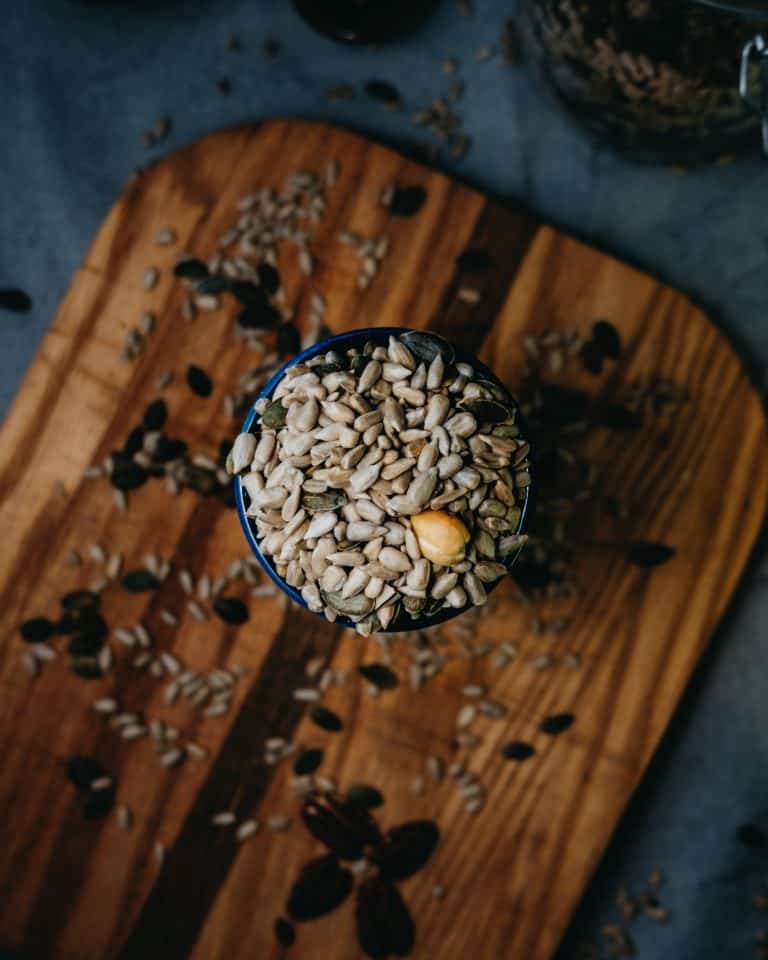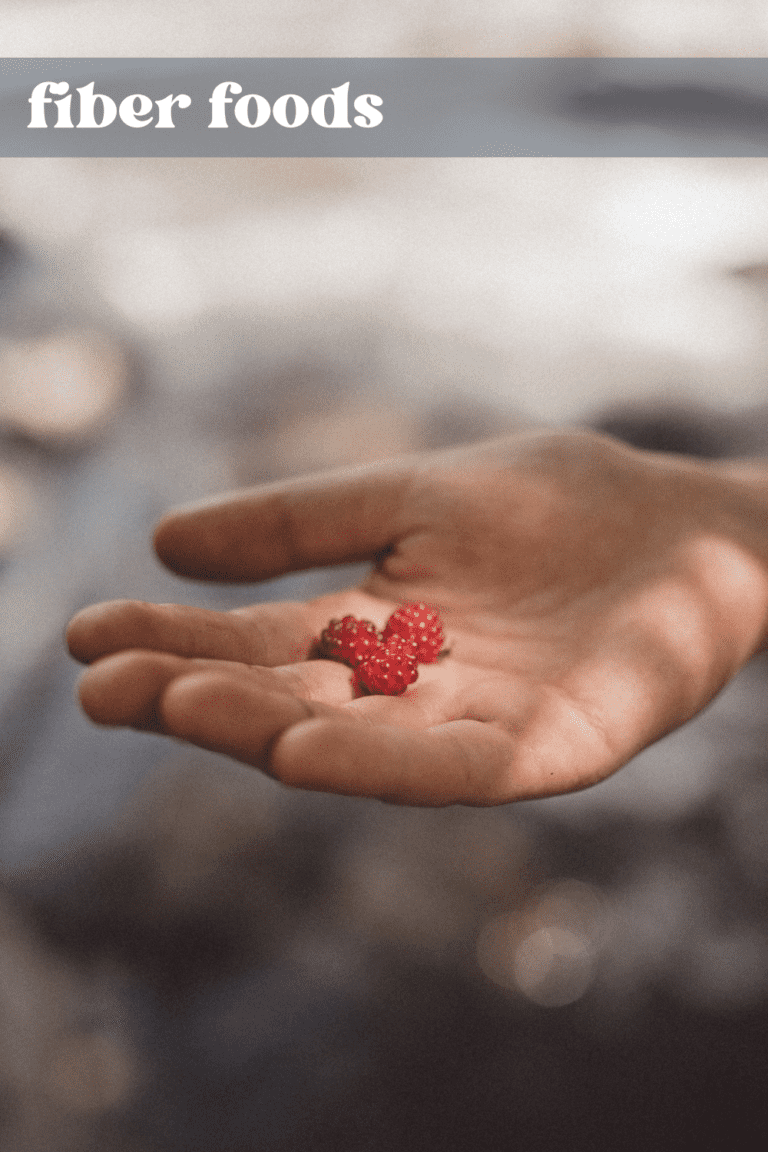Okay, so I wanted to write a blog post discussing the question I get far too often/still hear circulating… “Do carbs make you fat?” The simple answer is no, but I figured I should explain.
I’ve heard it all, but I’ve never heard more confusion and misinformation around nutrition than the notion of carbohydrates making people fat. A carbohydrate from bread and a carbohydrate from the sugar of fruit is NO different. The molecules are the SAME and they are broken down the same. Your body cannot distinguish the difference between a carb from corn syrup and a carb from a potato. The body, mostly the brain, which is one of your most vital organs, is fueled off carbohydrates. The liver, heart, and muscular system are all fueled by carbohydrates.
When we eat carbohydrates, the molecules are broken down and either used for immediate fuel or they are stored in the body. Glucose, which is the broken-down version of carbohydrates, is usually stored in the muscles for reserve energy. Once muscle stores are full, the glucose is then converted to fat. Glucose from carbohydrates is converted to fat when consumed in EXCESS. Key word there.
Now let me show a case in which you would likely be reserving carbohydrates as fat. If your diet consisted of mostly refined/added sugar and “simple carbohydrates” (examples include white bread, white rice, bagels without cream cheese, soda, etc.) then you would be storing EXCESS carbs as fat in the event that you were overeating past your body’s required caloric needs. I’ll give you an example of someone’s meal pattern who would probably be gaining fat from eating carbohydrates. I highlighted the foods that may contain some fiber and protein, which will help keep this person fuller longer and slow down the digestion of simple carbs.
Meal #1: Plain bagel with butter – saturated fat in the butter
Snack #1: Cheez it crackers
Snack #2: Bag of chips with a soda
Meal #2: Mac and Cheese – saturated fat in the cheese
Snack #3: Bottle of Soda
Snack #4: Gummy bears
Meal #3: White rice with French fries and Chicken – protein in the chicken
Snack #5: Bowl of ice cream – fat in the ice cream
As you can see the person eating the meal plan above is not eating very balanced meals with appropriate fiber and protein, therefore likely eating more snacks throughout the day. Eating foods that are processed by the body very quickly (simple carbohydrates) will likely leave them feeling hungry, eating more calories, and end up storing all those EXCESS simple carbohydrates/calories as fat.
If you are someone who eats a balanced, wholesome meal with carbs, proteins, and fats, then you are likely not eating enough excess carbohydrates to be stored as fat.
I will give you a meal plan of someone who is likely not eating carbohydrates in excess, despite including them in their diet. Again, I highlighted the foods which would regulate glucose levels and storage:
Meal #1: 2 eggs, oatmeal, and wheat toast – protein in the eggs, soluble fiber in the oatmeal, and fiber in the wheat toast
Snack #1: Yogurt with granola- Protein in the yogurt, soluble fiber in the granola oats
Meal #2: Grilled Chicken with sautéed peppers, brown rice, ½ avocado – protein in the chicken, fiber in the peppers and brown rice, and unsaturated fats in the avocado
Snack #2: Apple slices with peanut butter – fiber in the apple and unsaturated fats in the peanut butter
Meal #3: Baked Sweet Potato, broccolini, and grilled pork loin with sautéed peaches – Fiber in the potato skin and broccolini, protein in the pork
The meal plan above is full of protein, fat, and fiber. All of those components of the meal help maintain our blood sugar, carbohydrate storage, and fuel our bodies in the appropriate way. A balanced meal, with all these components will also keep you fuller longer. Notice that the second meal plan has fewer snacks throughout the day.
There is such unnecessary fear around carbohydrates, when actually, the body utilizes them incredibly efficiently with the appropriate diet.
Carbohydrates also absorb a lot of water in the body, which is why when someone stops eating carbohydrates, you typically see a drastic weight loss. Most of this weight loss is due to a loss of water being absorbed and flushed out by the body (it’s not actually fat loss).
If someone is able to maintain a “carbohydrate free” diet for a longer period of time, you will also see some fat loss likely due to the dramatic decrease in CALORIES from essentially removing a food group from their diet. Anyone eliminating an entire macronutrient group from their diet is likely to see dramatic results, but sustainability is a concern over the long term.
PRO TIP: If you didn’t know this, every gram of fiber that is in your food, essentially cancels out a gram of carbohydrate. This is how we educate diabetic patients on maintain their blood glucose levels. A snack with 30 grams of Total Carbohydrates and 15 grams of Fiber, will essentially only have 15 grams of Carbohydrates. The reason for this is that fiber is included in the “Total Carbohydrate” section of the nutrition label, but your body can’t actually digest fiber and it passes through without being absorbed into your blood stream.



